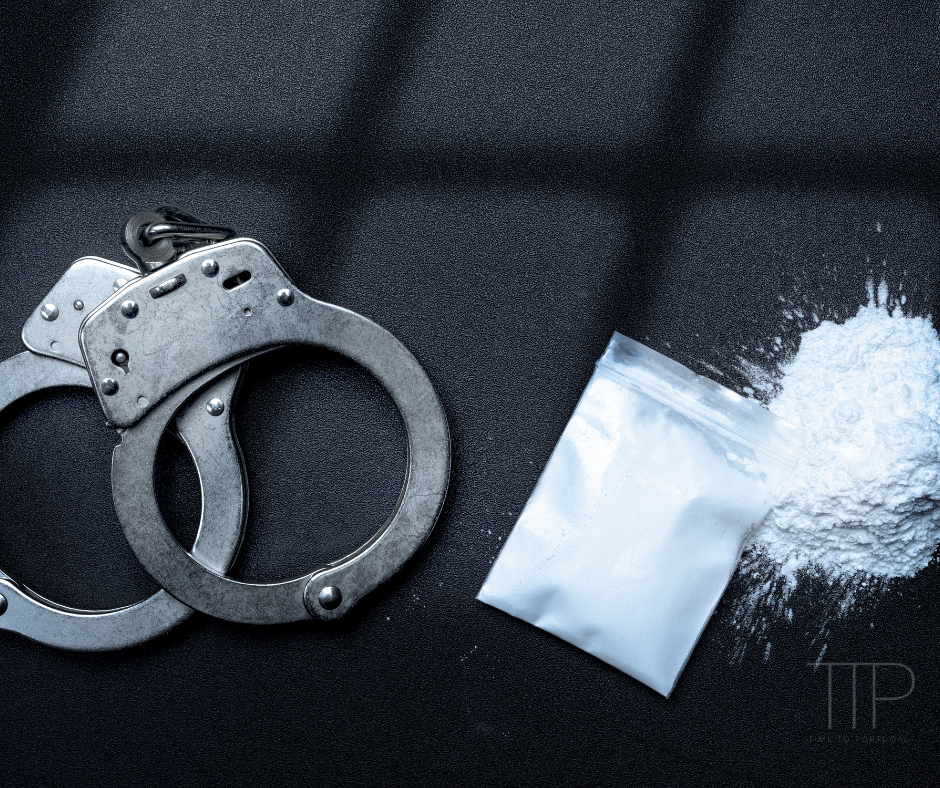Following the discovery of a laboratory in Guimarães capable of producing more than 100 kilos of cocaine a week, the police are investigating other cases.
It was in Guimarães, in a rural area, that the Judicial Police (PJ) found, a month and a half ago, the first cocaine production laboratory in Portuguese territory, which was located in a house. According to the most recent edition of the Expresso newspaper, the cocaine arrived in that city in the Braga district from South America and was in a pure state.
On November 13 of this year, the PJ arrested four people and seized hundreds of liters of chemicals, benzine and acids from the house, which also had a structure set up to produce more than 100 kilos of cocaine for consumption each week. The police also found 50 kilos of cocaine valued at 10 million euros.
The PJ told the same source that “it is not usual for there to be cocaine laboratories in Portugal”, but that it is “attentive” to the phenomenon. A police source also confided that “there are fears that there are more cocaine processing laboratories in Portugal”. For this reason, the police are investigating the existence of other cases, according to Expresso.
Cocaine production laboratories are multiplying, mainly in Spain, the Netherlands and Belgium, despite being a trend in Latin America, which prefers to transport the drug in a purer state to be processed in Europe. This is because the price is more affordable and the drug is easier to hide among other goods.
In April this year, the PJ also found links in northern Portugal to the largest cocaine laboratory in Europe, which was located in Pontevedra, Galicia. This laboratory produced up to 200 kilos of drugs a day, and used the Port of Leixões to receive 1.6 tons of cocaine base paste, which was eventually seized before being shipped to Spain.

